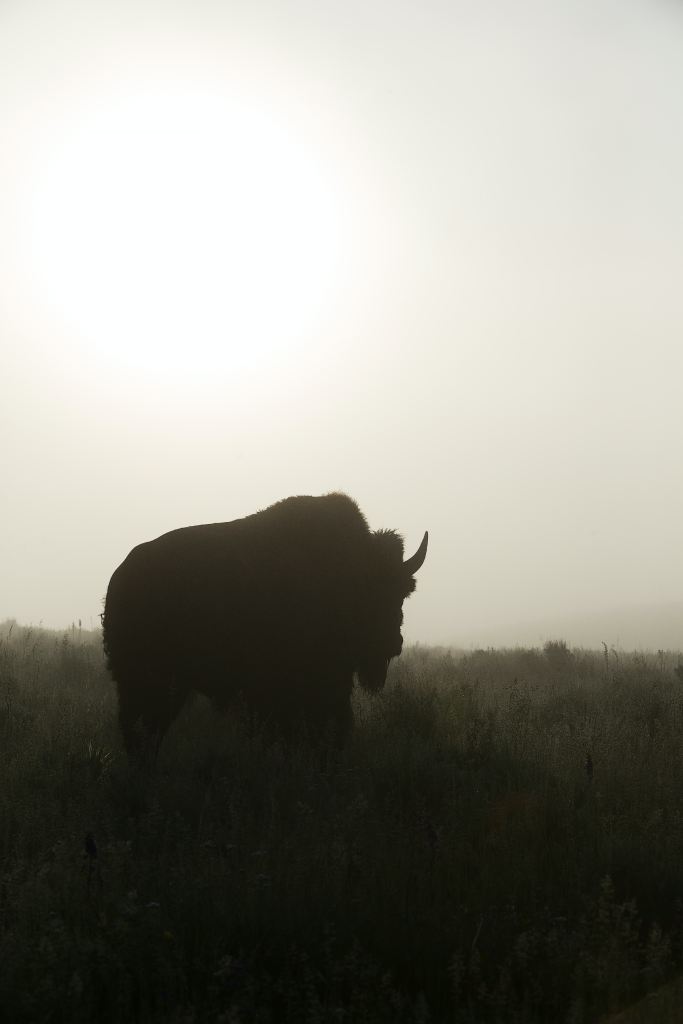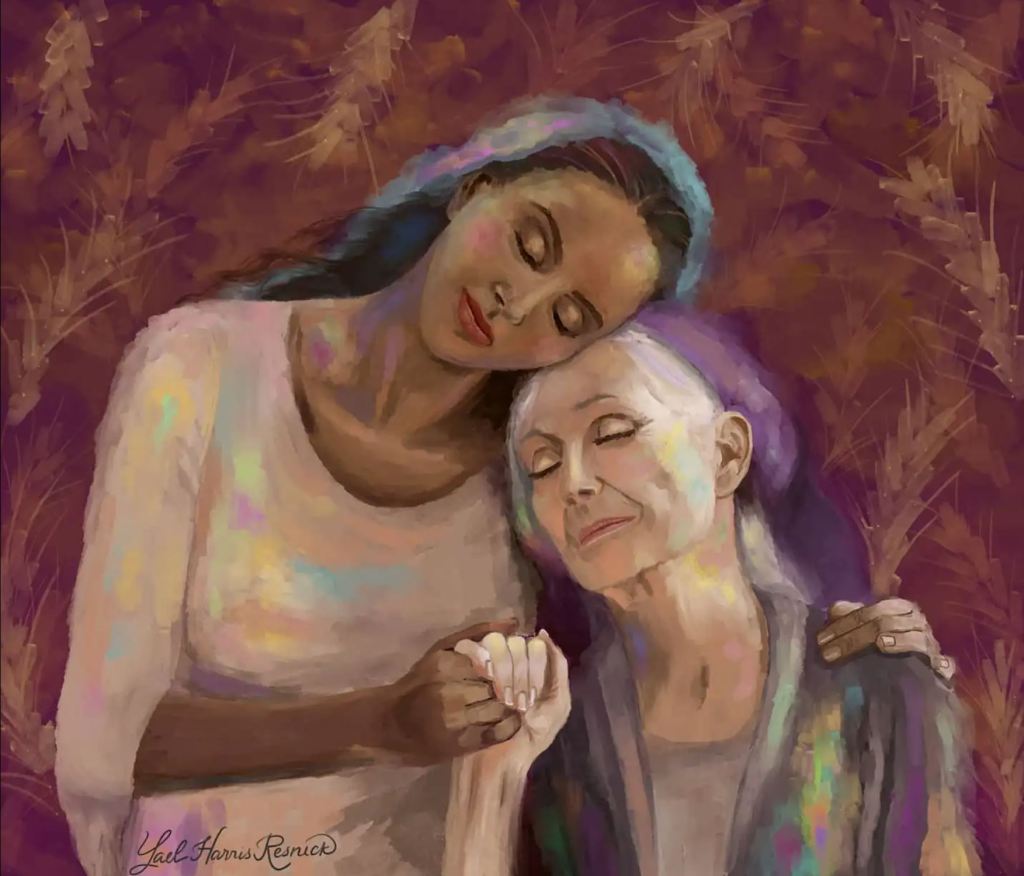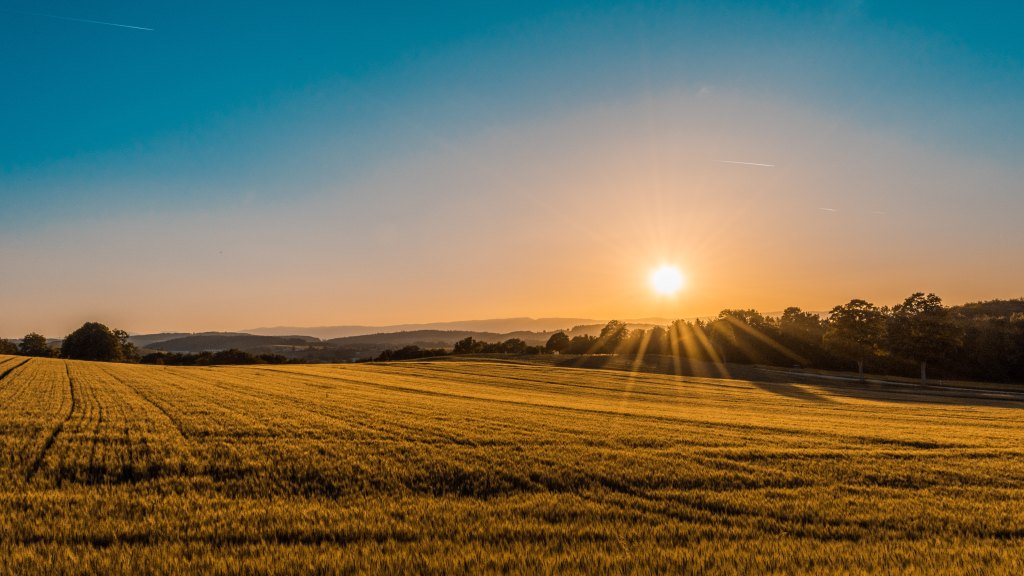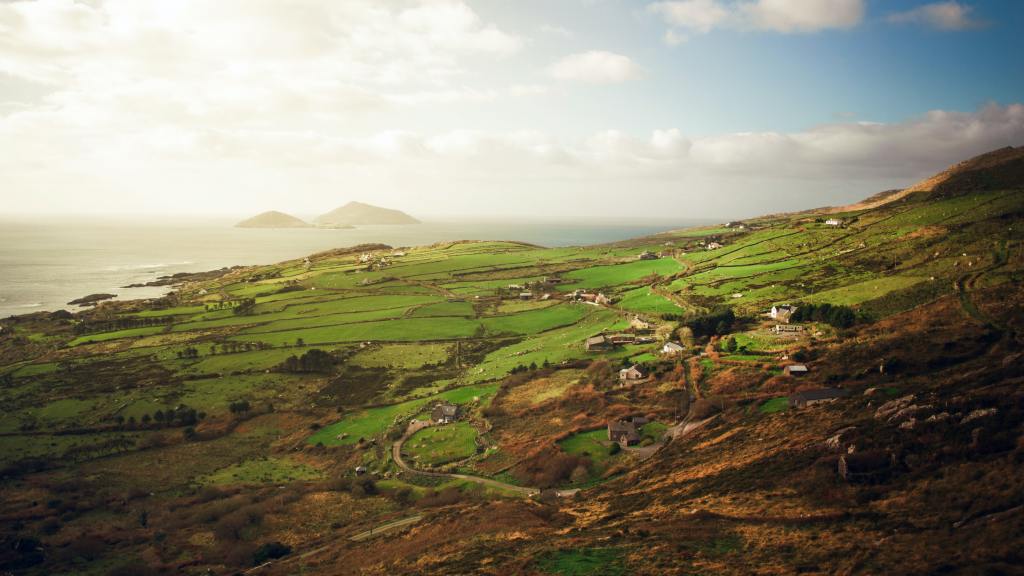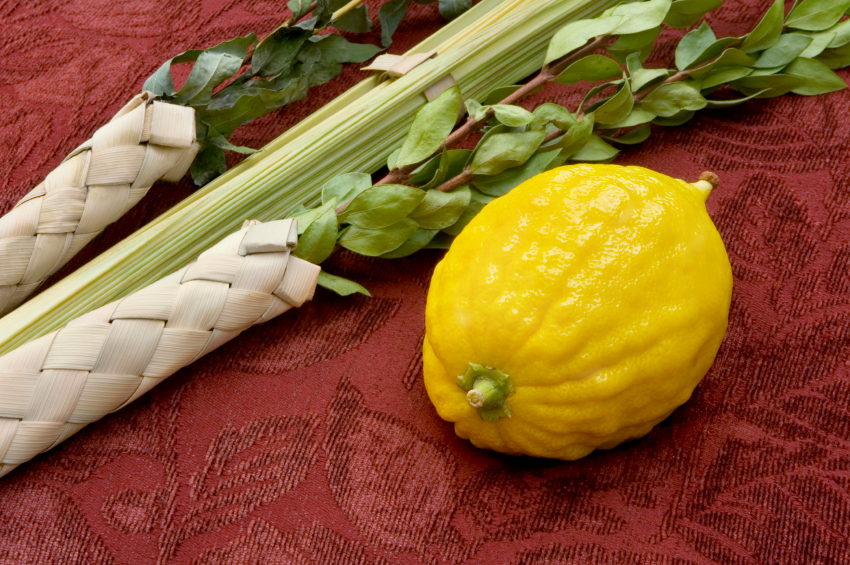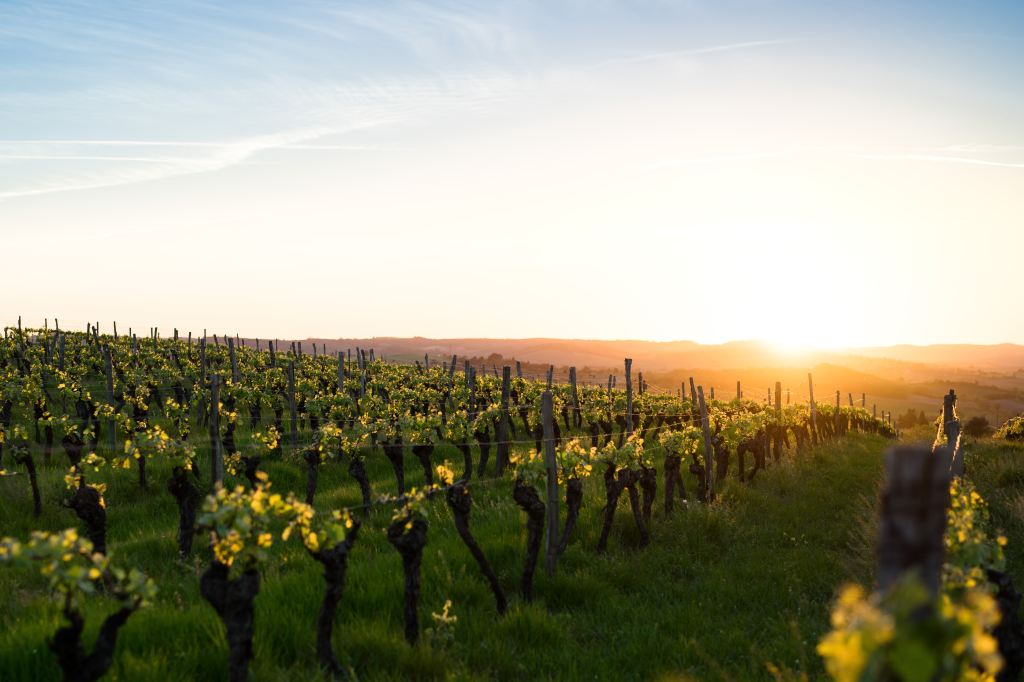
This sermon on Isaiah 5:1-7; 11:1-5 and Mark 12:1-3 was preached at Christ Lutheran Church (Fredericksburg, VA) on the Twenty-fifth Sunday after Pentecost, November 19, 2023. You can also find a recording of this post at my 2 Penny Blog Podcast.
In my work as a volunteer police chaplain or in pastoral counseling, I can run into people with a vision problem. No, they don’t need an eye doctor. Their way of looking at life can be out of focus. The person might suffer from bent thinking where it is like looking at your submerged legs as you stand in the water above. Your legs are the same as they have always been, but you perceive them as losing definition and perhaps they seem disjointed or cut off from the rest of your body. Unfortunately, as humans, as we experience traumas (big or small), or as we seek to control things that aren’t controllable, or as we try to cope with stress or loss in unhealthy ways, our vision of reality tends to be negatively impacted. We don’t see our life, our options, or who we are accurately. Our focus on what’s bad or hard begins to overshadow the goodness of life…and my friends, believe it or not, there is always goodness to be seen…even as we face death. I have seen this as a hospice chaplain.
To be frank, I find these symptoms of an imperfect humanity in a difficult world to be like those of us with post-traumatic stress symptoms. (Sure, maybe the symptoms might not be as severe for everyone, but they are often similar.) Over time, we can wrongly personalize things saying things like, “the world is against me,” “nobody likes me,” or we might believe that “I am the unluckiest person in the world.” Along with negative self-talk, maybe we imagine slight or expect betrayal when there is none. Or, we might simply take on blame when something bad happens to us or those we love even when there is no blame. Things can go wrong even when we do everything perfectly because life isn’t fair. Even Jesus, perfect and without sin, died on a cross. That was pretty unfair to be sure.
Conversely, we might hear a criticism of someone or some group we are associated with, and we allow ourselves to become deeply wounded by something we have no connection to. Those times are examples of personalizing things, but we can also catastrophize things: “If I fail this test, my life will be ruined.,” “If (insert a name) breaks up with me, I have no future.” We begin to see our world simplistically and dualistically. (And by that, I mean we tend to see events as all good or all bad – nothing falls in between.) Life just is not that way.
If this sounds familiar to you, I am not surprised. As humans, we all can feel this way at times. The darkness of this world can whisper in our ears, and we might listen too long. The problems become more significant and life threatening (to one’s own quality of life or concretely a danger to one’s life or others) when we get stuck in this pattern of thinking. We stop seeing the big picture – that life is long. Our life course can change at any time. It is only a bad day, not a bad life. More than that, perhaps more harmful, we forget that we have a God behind us that is bigger than any problems we face, even death. And that God, our God, has promised to love us and care for us always, because we are God’s people. Remember, Jesus actually calls us his family.
When we look at prophetic texts forecasting doom, it is dangerous to view them in isolation. Martin Luther argued (and those who join me for Bible study on Monday nights hear this over and over again), we need scripture to interpret scripture. What we are reading is not meant to be heard in isolation, for it is just part of a much larger, all-encompassing story which isn’t just in the past. This story, God’s love for us, embraces us in the present…even on the worst of days. “God is with us,” Immanuel. We learn this with Jesus…but God was always with those and for those God so lovingly created and called. Most assuredly, you have likely heard someone at some time use such passages to try to scare people straight…you toe the line or suffer in hell eternally, as you deserve….Yet as true as hell and consequences might prove, those kind of threats never worked for me. I just lost hope. It is only God’s love and grace that ultimately turns most lives around.
As we look at Isaiah’s prophecy today, we need to read it with the proper lens and context. Just as we heard the prophet Hosea call the Northern Kingdom of Israel to account, Isaiah’s task was to seek the repentance of the Southern Kingdom of Judah. Yet, the prophet Isaiah begins with a somewhat strange literary motif of his day. His warning is hidden within the guise of an ancient Hebrew love poem.
Long ago, the vineyard was a symbol of a nurturing, sweet, growing love. And so, we hear of God being like a planter. God expected a great deal from the love he planted in the lives of this chosen people. God’s time had been invested selecting the richest soil, digging, pruning, and watering throughout their history and present. To protect them, there would be a watchtower, and hedges and walls (perhaps these represent his power, angels, laws, and of course grace). The ancient vineyard required hard, intentional work for the grapes to flourish (much as with any healthy relationship). Symbolically, the poem represented God’s work and God’s blessing benefitting God’s people…those God loved.
Yet, surrounded by international and natural threats, the people were afraid. They forgot God’s promises. They did not trust them. And so, the people reached out to false gods to help them feel in control and safe – sometimes idol worship and superstition, but also sinful actions and distractions can become idols too. Yes, there was evil in the world striking out at them through the Assyrian and later Babylonian Empires…but they themselves had also torn down the fences and stomped on the grace of God with the daily choices they made. A people who should have born good fruit began to bear rottenness, selfishness, and other sins. Jesus would echo Isaiah in John 15 with his own parable of the vineyard saying, “My Father is glorified by this, that you bear much fruit and become my disciples. As the Father has loved me, so I have loved you; abide in my love.” As with the vineyard prophesy in Mark, Jesus would recall how the people had a tendency to reject the fruit of love from God – not only prophets, but also himself.
Sadly through Isaiah, we learn that Judah has failed to abide in God’s love…failed to love God and neighbor. That’s their primary sin. And so Isaiah’s song or parable of the vineyard will go on to enumerate their sins and consequences to leave no doubt; much like a prosecutor before the judge who is God: Covetousness and greediness of worldly wealth and land where the poor were ignored shall be punished with famine (v. 8-10); rioting, drunkenness, and lives of excess (v. 11, v. 12, v. 22, v. 23) shall be punished with captivity and all the miseries that attend it (v. 13-17); presumption in sin, and defying the justice of God (v. 18, v. 19); confounding the distinctions between virtue and vice, and so undermining the principles of their faith (v. 20); Self-conceit and lack of reliance upon God (v. 21); perverting justice, for which with the other instances of reigning wickedness among them, for these sins a great and general desolation is threatened, which would lay all waste (v. 24-25). This would come to be through a foreign invasion (v. 26-30), referring to the havoc which would come by Assyria’s army and the later Babylonian Empire.[i]
Despite God’s intention of blessing and life, their choices were leading to death. Isaiah warns that Sheol, the place of the dead, shall open its mouth wide and swallow them all. Their own bad choices and lack of vision would see to that. Is it any wonder that the people felt afraid as their world was falling apart…as if they had been abandoned by God? This is so human! Yet, God still longed for them…hoped for them. “Turn to God and live!” prophets would cry out. Still, they tended to blame the messengers or others…anyone but themselves. And so, the Assyrians would come…and then the Babylonians…and finally about six decades of exile and suffering would come as well. In this prophecy of doom and through the shortsightedness of the people, sure, we can see and understand parallels within our own lives. Our similar actions might result in similar consequences, but let’s cast a wider glance.
As Isaiah shares about the consequences of sin or a fickle faith with his people, he also points the people’s vision toward God. If God didn’t love them, would God have sent prophets to call them back into relationship? And so, he shares his call story in the next chapter. Then, he encourages the King and the people. He proclaims, “the Lord himself will give you a sign. Look, the young woman is with child and shall bear a son and shall name him Immanuel.” Although Christians see Jesus in this ongoing promise, Isaiah pointed to the birth of a son to inherit the throne as a sign and promise for a future filled with hope in his time. And even as lack of faith will lead to periods of loss and suffering, as all bad choices do at some level, Isaiah urges them not to give up hope. Justice will surely come because God’s love is already at work in their midst. And because God is just, those leaders and powerful who take advantage of or abuse others, and even arrogant Assyria, will all eventually face the consequences of their behaviors and haughtiness, too.
Yet those who remain faithful, who are imperfect but strive for justice and peace, who seek to love God and neighbor, all will be well. All is well, for God always loves them. Even today as we face our problems and pain, Paul, too, assures us that we are already victorious. Why? It is not because of anything we do or don’t do. It is because God has chosen to love us, and Jesus came – not for himself – but for us and our benefit…to do what we cannot…save us.
As we wrestle with harsh realities all around us, God is with us…God promises to be with us! Bad times will pass. Death has lost its sting. Sins can be forgiven, and lives restored. And so today, we jumped a bit forward a bit and also heard from Isaiah as recorded in chapter 11. Professor Michael Chan of Luther Seminary points out, “The concrete expression of this new future is a ruler on whom the spirit will rest (verse 2). Promise comes to Israel in the form of a person—a human king who embodies the best of Israel’s traditions: He is wise and understanding (verse 2), powerful in war (verses 2, 4), able to judge for the benefit of the poor (verses 3-4), and obedient to God (verses 2, 5).”[ii] God will elect leaders to lead them toward a more peaceable kingdom. More than that, beyond Isaiah’s own hope perhaps, Christ will come. Later Christians, struggling as Jewish believers before them had, will see Jesus’ work hidden within these same passages.
Pastor Chan goes on, “At the end of the day, Isaiah 11:1-9 does allow us to celebrate Jesus’ ministry in the past and especially in the present, but the text also urges us to the place of intercession, where we long for creation’s promised destiny, as a place where peace, justice, and grace have the final word.”[iii]
You see, the promised new heaven and new earth with Jesus’ return is still yet to come. Sin and death though defeated are in their death throes around us. Life can still hurt. People can still fail us…We can fail ourselves. Crosses might yet need to be carried. Still, never fear. Although sometimes hidden or hard to see clearly, God is here. You are loved. And nothing, not even death, will have the final say. For through our faith and baptism, don’t you see, we are part of God’s story. Despite how things might look at times, God loves us and has promised to never let us go. Even now, God is doing a new thing. God is leading us home. Amen.
[i] Matthew Henry Commentary as found at Biblestudytools.com http://www.biblestudytools.com/commentaries/matthew-henry-complete/isaiah/5.html
[ii] Chan, M.J. (November 19, 2023). Working Preacher. Commentary on Isaiah 5:1-7; 11:1-5 as downloaded athttps://www.workingpreacher.org/commentaries/narrative-lectionary/isaiahs-vineyard-song-2/commentary-on-isaiah-51-7-111-5-3.
[iii] Ibid.

